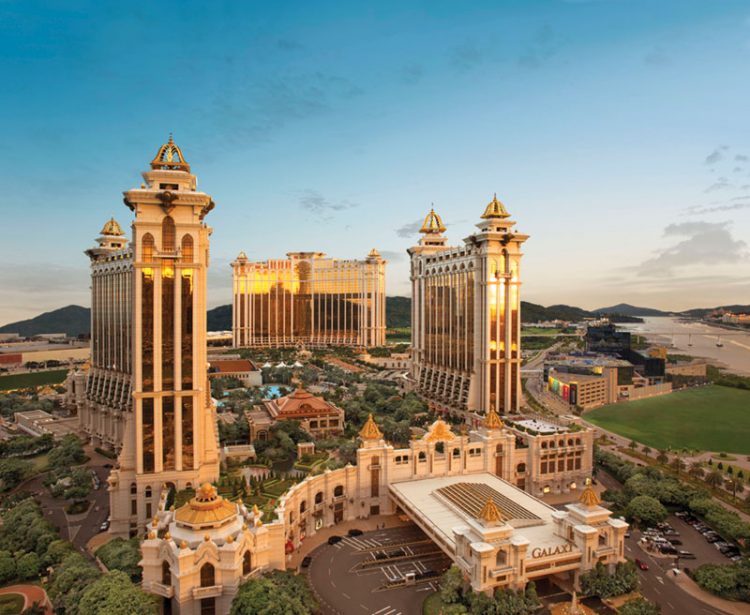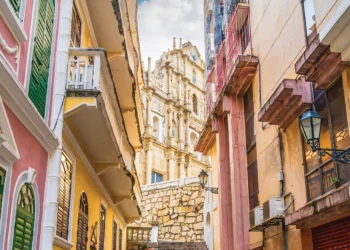IAG sat down with Goro Kadowaki, Executive Advisor, Project Planning & Development of Okura Hotels and Resorts, to discuss its partnership with leading Asian integrated resort operator Galaxy Entertainment Group and how the relationship has evolved over more than a decade.
Inside Asian Gaming: How did the partnership between Galaxy Macau and Okura first come about?Goro Kadowaki: In 2007 we were first introduced by a leading Japanese banking organization to Galaxy Entertainment Group (GEG). It was only through this introduction that Okura decided to meet GEG. The organization spoke very highly of GEG and in our early meetings they made a very good case for their future family friendly IR concept which would be unlike any others ever built. Okura felt that GEG had the same vision as we did for their IR when it came to hospitality and the customer experience.
IAG: Why did Okura choose Galaxy as its partner of choice in Macau?
GK: At first we felt a casino hotel wasn’t suitable for the Okura brand, but we soon recognized that Galaxy Macau was different and should not be seen as a casino hotel – even though gaming was of course an important portion of the IR and is central to the financial success of any IR worldwide.
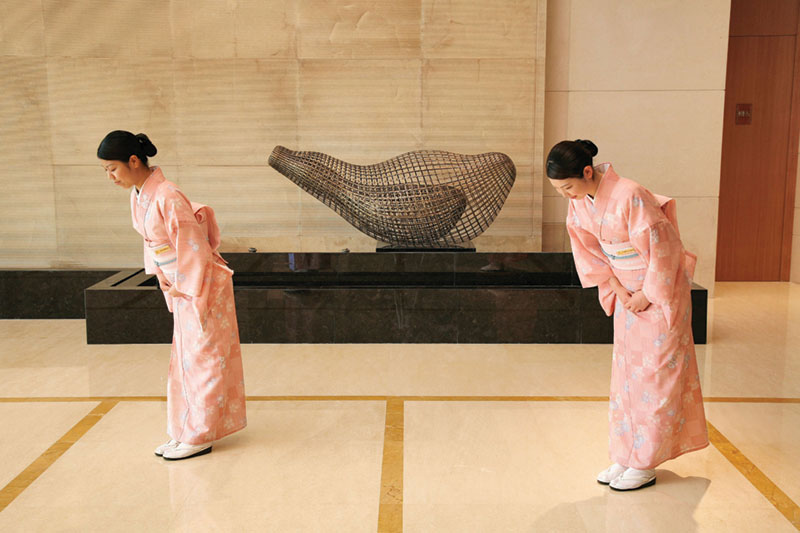 In fact, GEG’s concept was aiming the resort towards a broader, more family friendly audience and destination. This was when Okura agreed it would be good to move forward.
In fact, GEG’s concept was aiming the resort towards a broader, more family friendly audience and destination. This was when Okura agreed it would be good to move forward.
The President of Okura at the time was interested and decided to visit Macau. That’s where he met Dr Lui Che Woo, GEG Chairman and Mr Francis Lui, GEG Vice-Chairman, who explained their vision of the future. We were very excited to proceed from that point on and a formal partnership agreement was soon concluded.
IAG: What have been the primary benefits of working with Galaxy?
GK: Many things. One is learning what an IR is, as it is very different to a traditional hotel business. Also learning about the latest in hospitality trends. Okura Macau is not just a standalone hotel, but benefits from being part of a larger, comprehensive IR facility.
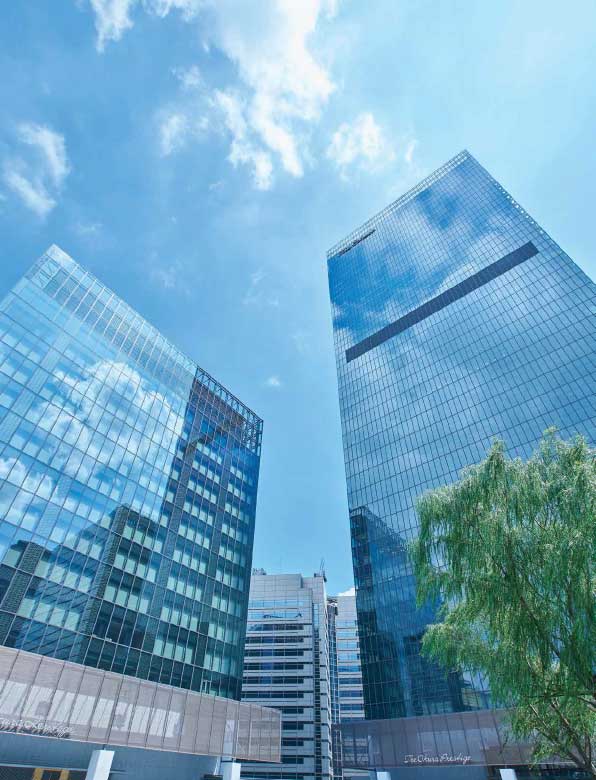 Galaxy Macau works on a shared services model in regards to departments such as procurement, cleaning, transportation, security, IT, HR, marketing and uniforms. This can also create some challenges, especially when it comes to control over sales, sharing of guest data and other things, but GEG’s strong leadership and communication has overcome these challenges as the benefits are collective for the whole IR, not just the hotel.
Galaxy Macau works on a shared services model in regards to departments such as procurement, cleaning, transportation, security, IT, HR, marketing and uniforms. This can also create some challenges, especially when it comes to control over sales, sharing of guest data and other things, but GEG’s strong leadership and communication has overcome these challenges as the benefits are collective for the whole IR, not just the hotel.
As all facilities in the IR are cross-sold to customers, irrespective of the hotel a guest may be staying in, everyone wins. And this is reflected in both Okura Macau’s occupancy (which in 2019 was close to 99%) and GEG’s financial performance which consistently leads the market.
IAG: Had Okura operated in any integrated resorts before opening at Galaxy Macau?
GK: No, Galaxy Macau was the first one. In fact, Okura was one of the very first brand hotels to work within an IR, as the traditional IR operating formula was usually a ‘branded house’ model, instead of a ‘house of brands’ as seen at Galaxy Macau. This was significant, as GEG recognized the importance of targeting middle and affluent classes of customers from across Asia who were very brand conscious. GEG were pioneers, and of course Okura would soon be followed by Banyan Tree, JW Marriott and Ritz-Carlton.
IAG: Did Okura have any concerns about this at the start and if so, what were those concerns?
GK: Okura had no IR experience, so there were many concerns at the beginning. Macau was still thought of in Japan as a casino city at that time with a questionable reputation. But Okura recognized that Macau was in fact changing fast and after many discussions with GEG we were convinced that this concern would be overcome. We trusted GEG’s ability to do something different from the “old Macau, resort formula.” And it gave us great confidence that our Japanese banking partners had recommended both K. Wah (GEG’s parent company) and GEG as very reliable and trustworthy companies.
Another concern was that Okura’s traditional guest profile in Japan was very much focused on business executives, especially from the financial sector, while Macau was focused on leisure customers. However, Okura recognized that by working with GEG in Macau we could expand into new market segments and broaden our business. We would also be able to expand our international footprint and brand, given that awareness of Okura outside of Japan was relatively low at that time.
IAG: Operating a hotel in an integrated resort is very different from operating a standalone hotel. How did Galaxy help you make that adjustment?
GK: By providing shared services and economies of scale, strong leadership involving all parties, regular communication, mutual trust and respect. GEG’s policy for Galaxy Macau is one team, under one roof. There is no poaching of staff or customers or undercutting other hotels rates within the complex. The whole IR works as one and everyone benefits as a result – a true example of partnership and collaboration.
IAG: Visitation and market characteristics in Macau are very different to Japan. How did the two organizations work together to solve this?
GK: GEG has a very strong relationship with the Macao Government Tourism Office and has supported campaigns to promote Macau’s cultural heritage, safe city status, food and more, all of which encourage Japanese people to visit. Macau and Japan also share a long history of interaction through Christian missionaries from around 470 years ago.
We recognized that Macau was positioning itself as a world center of tourism and leisure, famed for its unique culture and Japanese tourists were responding with visitation almost doubling since 2005 to almost 300,000 visitors in 2019.
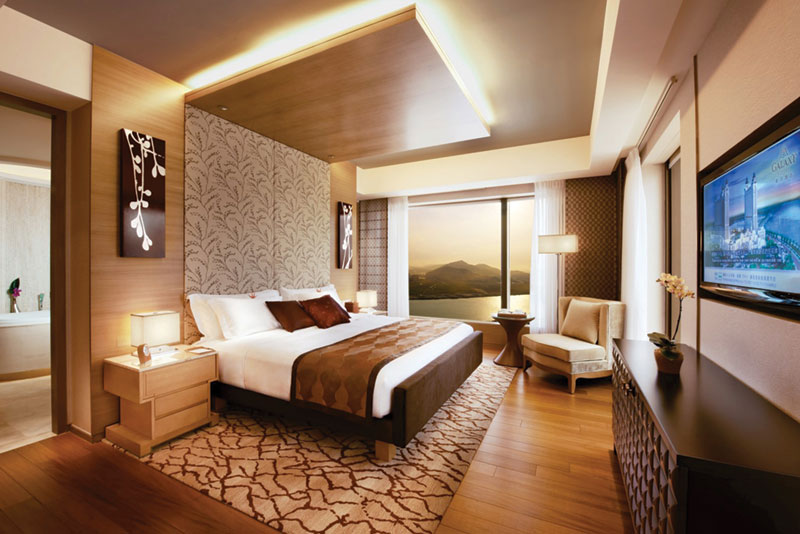
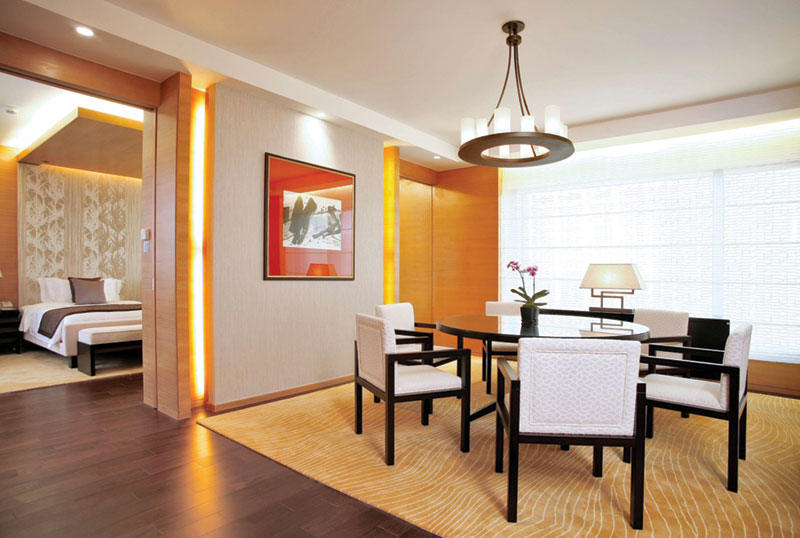 IAG: What has Okura learned from Galaxy?
IAG: What has Okura learned from Galaxy?
GK: I think we have learned a lot from each other. For example, Japan’s philosophy for attentive, anticipatory and sincere service or ‘Omotenashi’ is clearly evident in GEG’s World Class, Asian Heart operating philosophy where every guest, staff member or business partner is treated with respect and the best hospitality. We have been impressed how GEG remains laser focused and has stayed true to this philosophy and their concept for Galaxy Macau, always setting the highest standards and maintaining them. They are always focused on a quality guest experience, suitable for the whole family, leaving all guests relaxed and refreshed. Because of this we see a lot of repeat custom.
Okura has also learned a lot about the design, planning and circulation for an effective IR. At Galaxy Macau, gaming is actually kept out of sight from the hotel and non-gaming areas to ensure the safety and convenience of guests – especially family groups. This is unlike the Las Vegas IR design, where too often families have to walk through and be exposed to the gaming floor just to reach the hotel lobby. This too is an important aspect for Japanese customers and a big advantage for GEG which they can apply to their IR concept in Japan.






